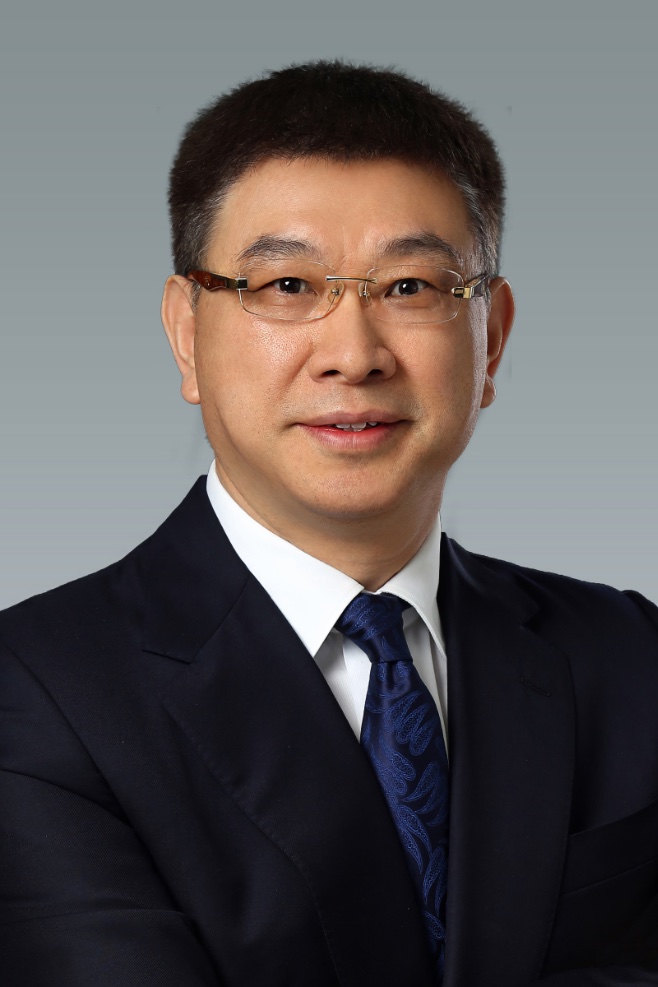At its April 12 Global Analyst Summit in Shenzhen, Huawei said it is researching 100x denser storage systems that break free of the constraints of traditional von Neumann architecture.
We asked the presenter, William Xu, Director of the Board and President of Huawei’s Institute of Strategic Research, to explain his thinking.

He told us: “Storage capacity and performance are issues that must be addressed for future storage systems.”
We need to be able to store a lot more data and to get access to it faster. Each problem needs to be addressed separately.
Capacity
Xu said: “Firstly, we need much higher storage capacity. Capacity density should be 100 times higher than what we currently have; existing storage media cannot achieve this level due to restrictions surrounding process and power consumption.
“To overcome the capacity hurdle, we need breakthroughs in new technologies including large-capacity and low-latency in-memory computing technologies, ultra-large capacity media technologies such as DNA storage and high-dimensional optical storage, as well as ultra-large storage space model and coding technologies.”
The storage industry is already exploring DNA and optical storage technologies. The large-capacity and low-latency in-memory computing technologies hints at DRAM advances, replacements or substitutes, such as storage-class memory.
Performance
Turning to performance, Xu said: “Secondly, we must significantly improve storage performance. As the data access bandwidth of storage systems increases from TBs to PBs and access latency drops from milliseconds to microseconds, we require performance density to increase by 100 times of what we have today.
“Under the von Neumann architecture, data needs to be transmitted between CPUs, memory, and storage media. The PCIe and DDR bandwidths we currently have will not be able to keep up with network performance growth. To proceed, we need to move past the von Neumann architecture and shift away from CPU-centric storage and towards memory- and data-centric storage.”
He’s not saying we need faster PCIe buses or DRAM socket speeds. Instead he’s thinking more about not moving data to compute: “We also need to focus more on computing migration rather than data migration.”
That means bringing compute closer to data, as is the case with computational storage and in-memory computing.
April 14, 2021 at 08:08PM
https://ift.tt/3wR88Yt
Huawei looks beyond von Neumann to build 100x denser storage systems – Blocks and Files - Blocks and Files
https://ift.tt/3eIwkCL
Huawei
No comments:
Post a Comment